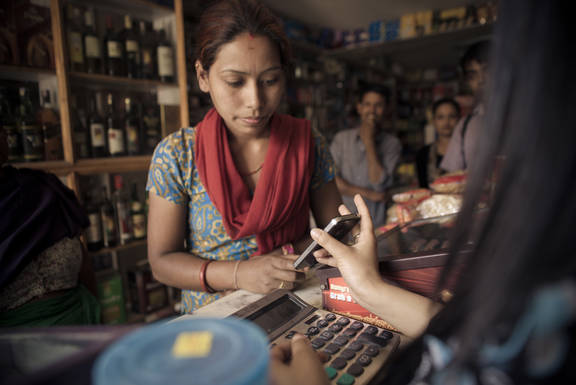
The 4-day Phd course has covered the following themes:
- Humanitarian negotiations
- Ethics of humanitarian action
- Humanitarian law and principles
- Humanitarian mediation
- Global ethics and the pluriverse
Course leaders: Kristoffer Lidén (PRIO) and Kristina Roepstorff (PRIO) In addition to the course leaders, the course featured:
- Hugo Slim (Las Casas Institute, Blackfriars Hall, University of Oxford)
- Kimberly Hutchings (Professor of Politics and International Relations, Queen Mary University of London)
- Emanuela-Chiara Gillard (Institute for Ethics, Law and Armed Conflict, University of Oxford)
- Lars Löfquist (Department of Theology and Director of NOHA programme, Uppsala University)
- Manuel Salamanca Rangel (Pontificia Universidad Javeriana)
- Ayse Bala Akal (PRIO)
- Sulagna Maitra (University College Dublin)
Humanitarian action relies on negotiations with political authorities, armed groups and local communities for access, programming and protection. These negotiations are filled with ethical dilemmas, like accepting to cooperate with war criminals and repressive regimes, favouring certain groups or individuals, risking the lives of own staff or undermining local norms and institutions. How do humanitarian negotiators handle these dilemmas, and what can we learn from ethics in this respect? The humanitarian principles are supposed to guide such decisions, but there is often substantive disagreement on how they should be understood and applied. Examining the ethics of humanitarian negotiation is therefore also an examination of the ethics of the humanitarian principles.





